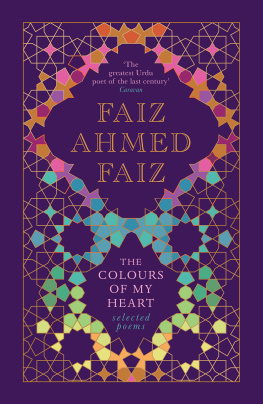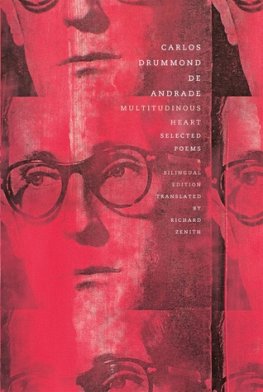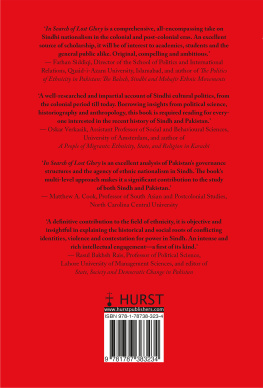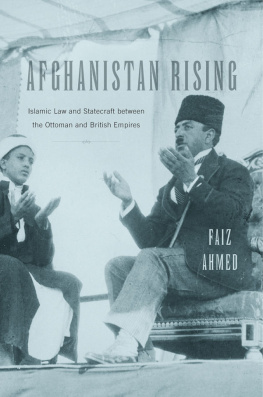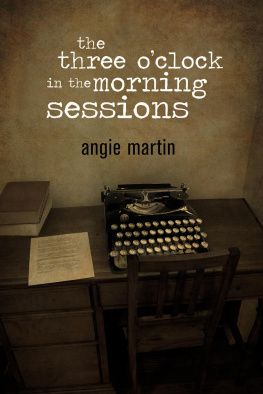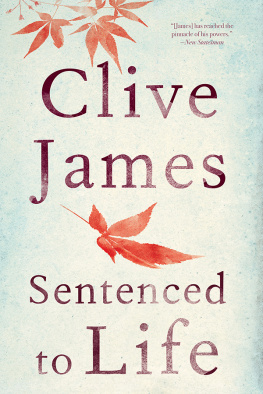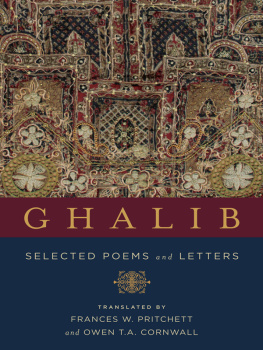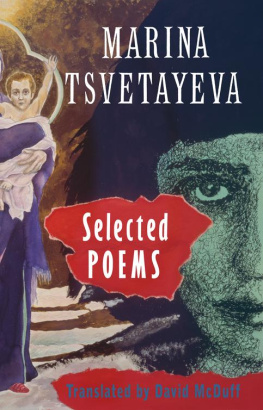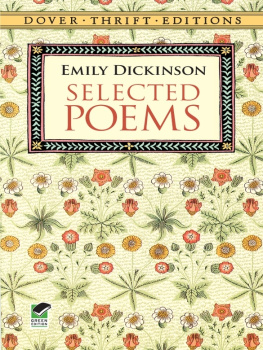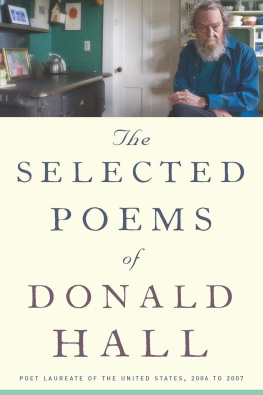Translators Introduction
Faiz Ahmed Faiz was born in 1911 in Kala Qadir, a village near Sialkot, now in Pakistan. He died in November 1984, having lived an illustrious life as the leading Urdu poet of his time. He was the one modern Urdu poet after Iqbal whose fame and reputation spread far beyond the boundaries of language and place. He was a poet whom the world knew for his melodious poetic voice and revolutionary messagea message, it must be added, that was never delivered in a strident or rabble-rousing manner. His poetry continues to charm and fascinate generations of poets and readers after him. In fact, eminent writers of the 1960s, who professed to scoff at the achievements of the Progressives, spared and stinted nothing in admiring Faiz and writing about him.
It is clear that Faiz became a legend in his lifetime. Many factors contributed to the Faiz phenomenon: his image as a revolutionary who had an aristocratic background; the circumstances of his political life (he was imprisoned twice for his political acts and beliefs and went into self-exile later); his personal charm and his refusal to be dragged into controversies or even reply to his critics (of whom there were many to begin with, especially in the so-called classical camp); the music of his verse and its rich imagery which was not only evocative of Urdu poetrys resplendent and much-admired premodern idiom, but which also still sounded contemporary and relevant; and his melancholy voice which was never devoid of undertones of hope and promise. As his reputation grew, so did his image, so much so that it almost became larger than life. And its lustre continues to dazzle us long after his death in 1984.
The Making of a Poet
Faiz was born in incredibly turbulent times for the world at large, and particularly for the Indian subcontinent. Though born into an affluent, aristocratic family (his grandfather had been a provincial governor in Afghanistan), Faiz did not go abroad to study like some of his peers from wealthy families.
He studied philosophy and English literature in Lahore and finished with an MA in Arabic. He started his career as a junior lecturer in a college at Amritsar. What was it like to be Faiz Ahmed in those times (for Faiz hadnt yet adopted for himself the pen name Faiz Ahmed Faiz)? It was 193435. Anti-British, or nationalistic sentiment, the desire for freedom, to rid the country of the foreigner, was everywhere in the air. So was, unfortunately, the feeling of communal conflict between the two main communities of Hindus and Muslims. Left-wing thought was making its presence felt, but it was generally side by side with the nationalist struggle and was mixed with it, not alien to it.
The Communist Party of India had been founded in 1925, but its identity was often the same as the Indian National Congress, the main political party in the country at that time. Nevertheless, life in Amritsar ran to a sweet, slow tenor, and the young Faiz could indulge in discussion and debate with his young friends, read voraciously and compose poetry. The tradition of the mushaira was strong and poetry was still something of a public affair at that time. Even Iqbal, whose poetry was philosophical and complex, was as much a public figure in the Amritsar of the 1930s as any major political leader like Mahatma Gandhi. Poetry recitation at small or large gatherings inevitably led young poets to do more of the same. Suggestions from and even participation by the audience in such recitations gave poetry a reality and a place in public life which now seems to have been appropriated by the film song.
The All India Radio, founded in 1930, was also becoming a medium to disseminate and share music and poetry among large audiences. Faiz must have felt inspired to compose more and more. In spite of the largely conventional image that Urdu poetry had at that time, patriotic fervour was bound to make its appearance in any poetry being written at that time. Urdu was no exception and, in fact, led the field in patriotic songs and poetry. In their twenties at that time, Faiz and his friends and peers felt the urge to come up with a line of thought capable of not just combating the colonial presence in the motherland but also of making a stand against the forces of communalism. The struggle against poverty and the fight against the forces of capitalism gave young Faizs poetry a sense of direction.
The fight against political and social exploitation provided a common platform for poets who did not recognize the HinduMuslim divide, a divide which could have been a concern in Faizs poetic imagination. But a common platform for the larger struggle for freedom and social change made communal consciousness irrelevant and superficial. The Marxist ideology, which gave primacy to economic and social forces governing human life in history, and which regarded the struggle for emancipation through revolution an imperative of history rather than a transcendental view of time and change, served the cause of communal harmony well, leading to the rejection of parochial concerns which seemed to be fanning the fires of communalism in those times. By 1939, Faiz had made a name for himself in poetic circles. By that time he was also spending his time mingling with the working class, teaching them how to read and write and also refining their political sensibilities. It is an interesting fact of Indian social history that the Muslim leftist intellectuals of those times came mostly from affluent families, or in fact even from what could be described as the ruling elite.
Brought up in the shadow of the Russian Revolution and nurtured on the populist notions of the French Revolution, they felt drawn to Marxism because of their dissatisfaction with the sociopolitical structure of the times, the oppressiveness of the British rule and a strong sense of the need for change. They were inveterate idealists, and though they were later derided for being armchair socialists who wouldnt soil their hands with the sordid dirt of real life, they were true dreamers and idealists. Some well-known names among them are Sajjad Zaheer, Rashid Jahan, Mahmud-uz Zafar, Z.A. Ahmed, Muhammad Habeeb, Sibt-e Hasan, Kaifi Azmi, Sardar Jafri, Muhammad Ashraf, Abdul Aleem and Faiz himself. These wealthy or upper-middle-class intellectuals belonged to different regions but shared the same ideology and the same dream: the world needed to be changed, and Marxism was the force that could bring about the change. The Progressive Writers Movement, founded in 1935 in London by Sajjad Zaheer and Mulk Raj Anand, among others, was the literary form of that dream.
To be sure, both Ideology and Dream suffered many shocks in the years to come. The first one was the ugly, nakedly imperialist truth of the pact between Stalin and Hitler which in any case couldnt prevent Hitler from invading the Soviet Union. But that truth was revealed later; the Soviet war and Hitlers comeuppance in that war came before. Yet, the Communist Party of India didnt pause to consider why Stalin didnt join the war against Hitler as other Western nations had done. The war was viewed in communist circles as an imperial war, which perhaps it was not, but which quickly became the War against Fascism when Hitler invaded Soviet Russia in 1941. The Nazi invasion of the Soviet Union gave the Progressives the opportunity to express their sense of shock and dismay and protest by joining the British Indian Army.

